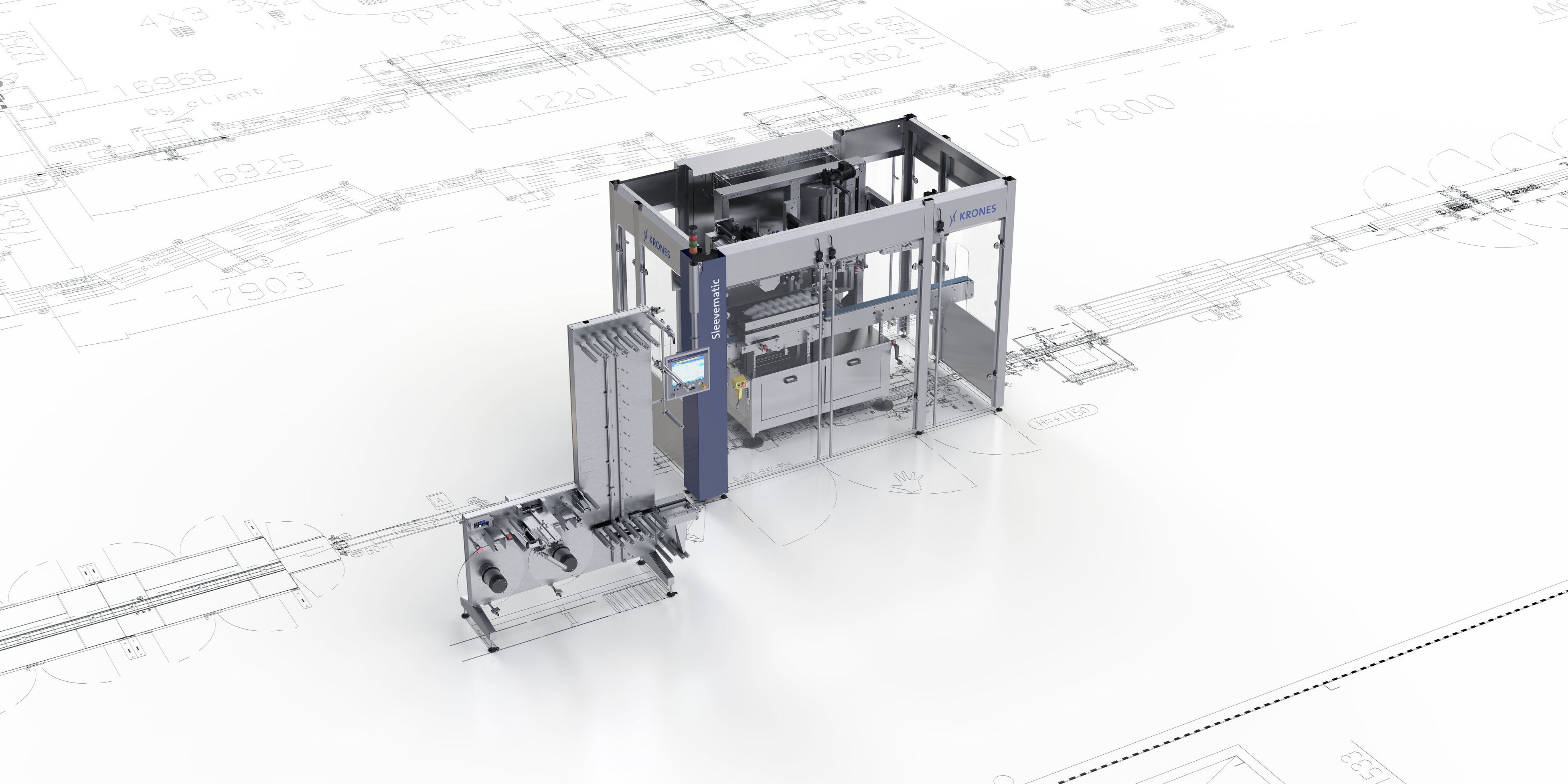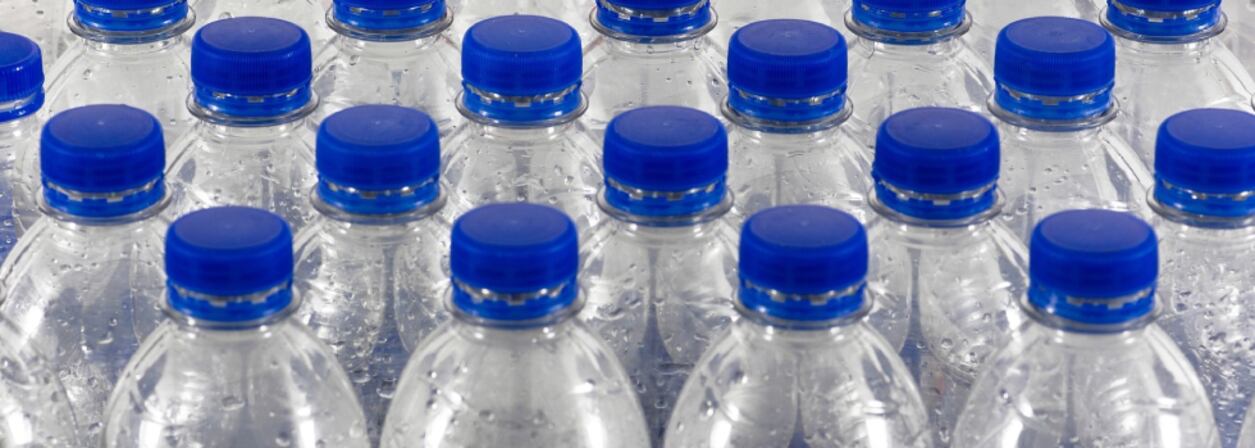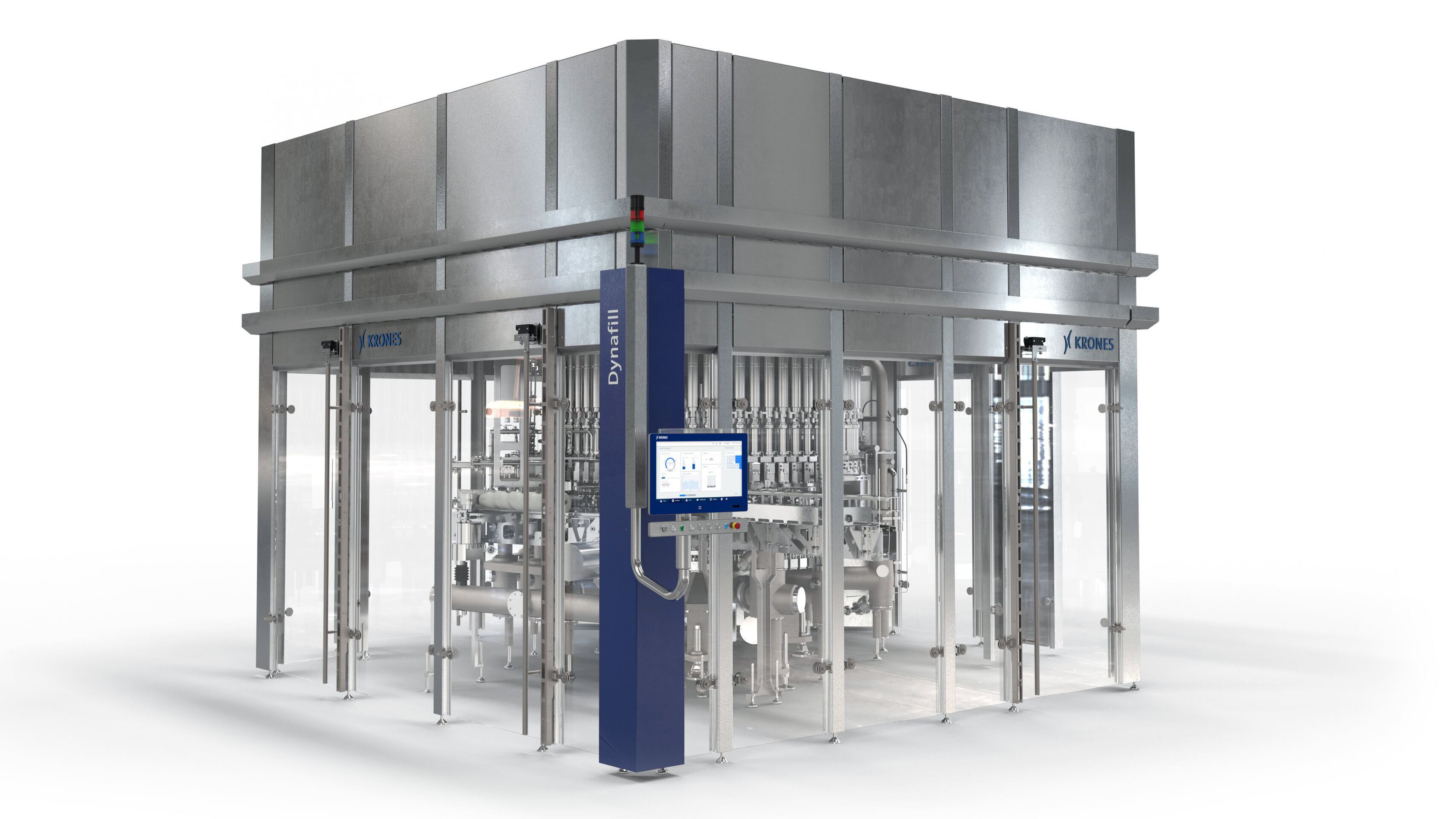The way we handle packaging and recyclable materials is undergoing a radical change away from the consumption of resources and towards a sustainable circular economy.
Particularly in recent years, the importance of a closed plastic cycle has increased significantly. It must be taken into account that not only plastic bottles, but also sleeve labels, for example, must be kept in the cycle.
Depending on their physical properties, plastics change their hardness, elasticity or temperature and heat resistance, and therefore their areas of application. Colourless PET, for example, is used primarily in the production of beverage bottles. Polyolefins (PO), on the other hand, are more sturdy and mainly utilized in the manufacturing of more durable containers, toys, pipes, and home products. And because of this extensive use, it is crucial that the finished goods be processed again after use and fed back into the recycling system.
But what about sleeve labels? For the past several years, Krones has been offering a tool for applying sleeve labels at a consistently high speed and since 2009 has utilized MetaPure for recycling PET and PO containers, multilayer packaging, and sleeve labels. However experience shows that standard PETG heat-shrinkable sleeve labels are a major challenge for recycling systems and can affect the efficiency of a recycling system. Why? PETG is a glycol-modified PET characterized by exceptional transparency and low viscosity but cannot be reliably separated in the recycling process from the crystallized PET from which the bottles are made. This can result in valuable resources not being used optimally, compromising the circular economy and recycling efforts
Polyolefin sleeves for better recycling results
Label manufacturer CCL designed EcoFloat sleeves as a solution to this problem. These weigh less than PET since they are constructed of polyolefin. This indicates that the sink-float method can be used in recycling facilities to separate the bottle labels from the sleeve labels.
A sleeve machine manufactured by Krones has now successfully fitted 0.5- and 1.5-liter bottles of Lipton Iced Tea with recyclable EcoFloat polyolefin sleeve labels in a field trial on a high-speed line at joint parent company PepsiCo in Rodgau, Germany, using the following set up:
- A Sleevematic TS sleeve labeller with a Multireel S magazine for the sleeve rolls,
- A Shrinkmat steam tunnel,
- 2 Linadry container dryers, one installed upstream of the labeller and the other downstream of the steam tunnel.

Above: The Sleevematic TS sleeves up to 50,000 container per hour with just one labelling station.
The sleeves are processed in continuous mode while being labelled. This was made possible by the ultra-high-precision cutting unit: instead of cutting blades, the Sleevematic TS uses two spinning perforation sprockets that apply a micro-perforation at precisely the appropriate sleeve length. This offers a number of benefits at once, including the ability to establish various sleeve lengths without changing the handling components thanks to perforation. As a result, handling parts and change-over times will be shorter. Additionally, perforation sprockets have a lengthy lifespan. The two mounted perforation sprockets can handle up to 60 million cuts. Furthermore, it only takes two minutes to replace them.
An unfolding pin is used in the Sleevematic TS cutting unit to mechanically open the sleeves. Previously, the press-on force of the feed rollers had to be manually adjusted using a handwheel; now, pneumatic cylinders are used to accomplish this task. Due to the continuous operation mode, servo-driven rollers convey the sleeve without slipping, with a much-reduced burden on the servomotors themselves.
“The support we got from PepsiCo and Krones was simply great! Everyone involved pulled together in order to advance sustainability, not least for sleeves.” Thorsten Umek, Product Manager at CCL
At PepsiCo, the Sleevematic TS was given specialized extra components, such as specially designed rolls and cutting tools, ideal for processing polyolefin, in order to maximize both machine availability and efficiency with the EcoFloat sleeves. Their installation took only one day, after which the machine immediately reached top speed and maximum efficiency.
The EcoFloat sleeves deliver excellent shrink quality that rivals that of typical PETG sleeve labels. With only minor design modifications, the Sleevematic TS can process polyolefin sleeves, making it a future-proof investment that ensures optimum sustainability.
"We were thrilled with the intensive cooperation between all parties involved and are delighted with the immediate success it has brought to our existing Krones line. With the two top brands Krones and CCL serving as examples, we see this project as a shining example of PepsiCo's and the beverage industry's efforts to create a sustainable future.” Ronny Liere of PepsiCo's Manufacturing Operating Support division






